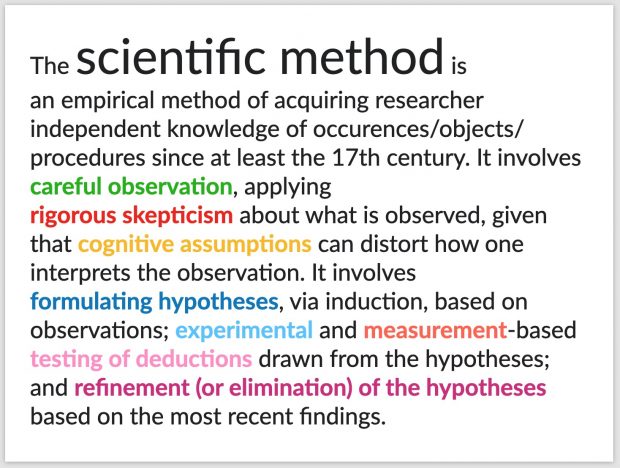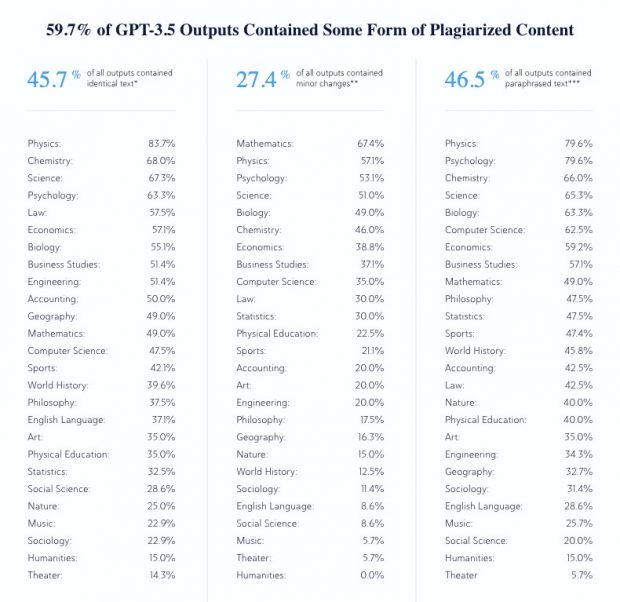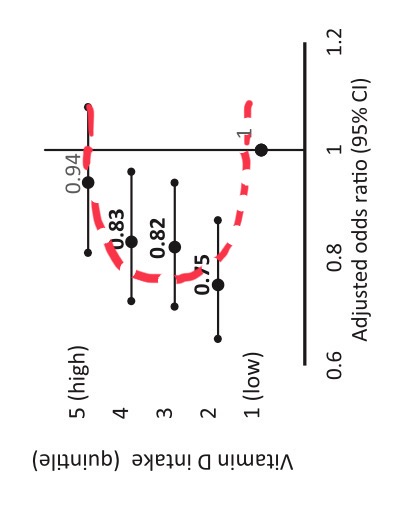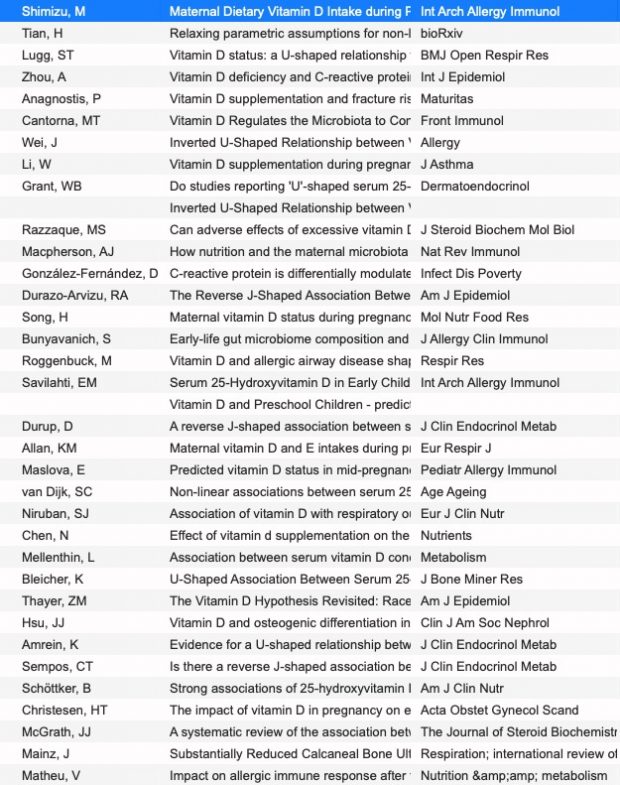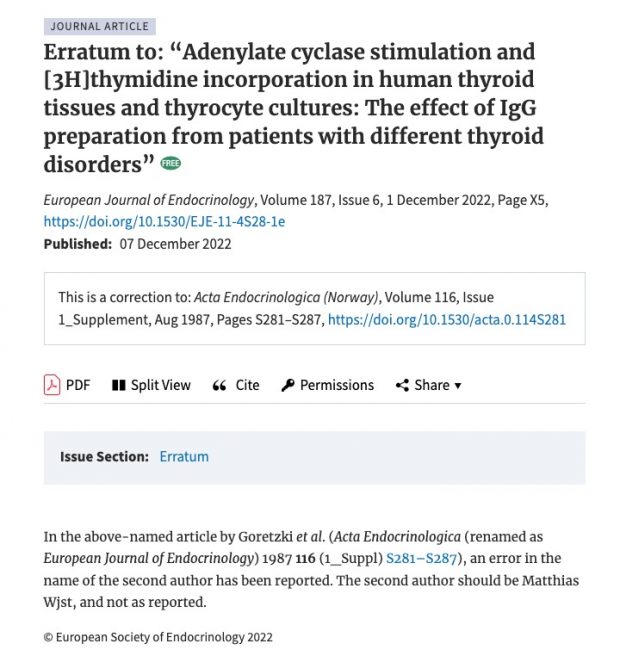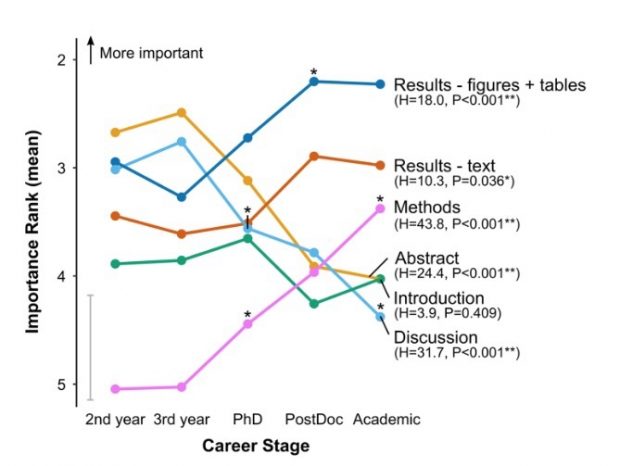Die DFG hat etwas Neues (FAZ)
„FOGD“, also „Forschungsorientierte Gleichstellungs- und Diversitätsstandards“. Man ist auf den regenbogenbunten Zug der Diversity aufgesprungen. Wir zitieren, in Bezug auf FOGD, von den Internetseiten der DFG: „In den Blick zu nehmen sind […] Diversitätsdimensionen, wie Geschlecht und geschlechtliche Identität, sexuelle Orientierung, Alter, ethnische Herkunft und Nationalität, soziale Herkunft (beispielsweise unter folgenden Aspekten: ökonomische Situation, Herkunft aus nicht-akademischer Familie, Migrationsgeschichte), Religion und Weltanschauung, Behinderung oder chronische/langwierige Erkrankung. Auch das Zusammenkommen mehrerer Unterschiedsdimensionen in einer Person (Intersektionalität und seine Bedeutung) sollte berücksichtigt werden.“
Nun sind also nach Saad , Jäger und Florin, auch Pfeilschifter und Wicht an dem Thema angelangt
Das Diversitätsmanagement schlägt um in eine neue Totalität, nämlich den hobbesschen bellum omnium contra omnes, den Kampf um das jeweils schlagkräftigste (Opfer-)Narrativ und um die Macht über die Konstruktion der dazugehörigen Sachverhalte
wobei die Inhalte sekundär sind.
CC-BY-NC Science Surf
accessed 19.02.2026
